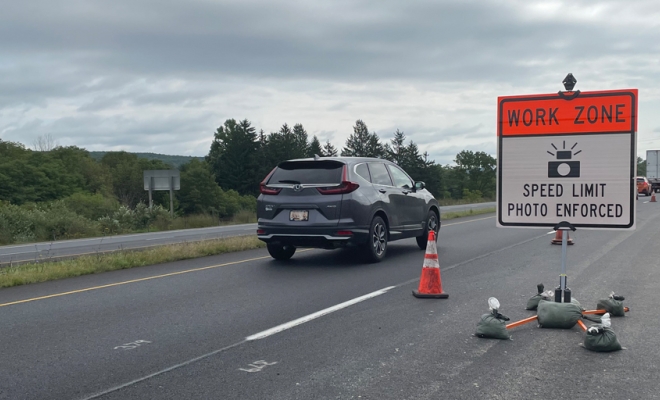
It’s difficult to truly file certain ideas and positions into “good” and “bad” categories. Most issues, especially political ones, have such large masses of gray area that it’s hard to even see the black and white areas without microscopes of myopia. Additionally, some issues that could be defined as objectively “good” or “bad” likely have ridiculously high standards for success or are such low-hanging fruit on the totem pole of morality that they’re not even worth debating or being used to define political factions. This doesn’t necessarily require one to file such an idea as a “good” thing or a “bad” thing, so we’ll just file them under “thing” for the time being.
It’s no secret that the current political and social eras are defined by ideas of the latter category, especially in the age of hyper-sensationalist politics where leaders and talking heads try to score as many points as possible on the path of least resistance. Take, for example, the latest mantras of “just be a good person,” or perhaps “vote X, no matter who.” Such meritorious and comprehensive ideas are posed by only the loftiest of the lofty who sincerely believe their Mount Molehill ideas are definitive of their political careers, while simultaneously pointing their fingers at you for raising legitimate questions about their policy points.
Surely no one can be against being a “good” – or “decent” – person, but with such a hot take, why didn’t we think of doing that sooner? It’s almost as if there’s more here that should be fleshed out. Obviously this is a primitive example with questions of objective/subjective morality and the implied morality of those calling the shots, but it’s a firm analogy. Words are just words, but concepts aren’t just concepts, and people shouldn’t be vilified or have their perspectives reduced simply because of asking questions they’re allowed to ask.
Enter the latest concoction of New York State: the work zone speed cameras. Sure, no one can really be against being courteous of our hard working construction and maintenance workers putting themselves in dangerous situations by working on the shoulders and medians of some of our busiest highways. Sure, no one can be against legitimate efforts at ensuring their protections and penalizing drivers who fail to be considerate of other peoples’ mortality. Sure, no one can be against the State for stepping in and doing what the State should do: protect its citizens.
But there is a limit on when enough is enough and when enough might just be too far. Herein lies the dilemma of the slipshod political thought process of today: a “good” idea can be presented, but one that is accompanied by a rather large gray area that can be addressed with legitimate questions.
The problem New Yorkers have isn’t with protecting roadside workers, it’s about living under a constant microscope that also functions as an ATM for the State. We’ve already been dealing with multiple levels of brutal backdoor taxation from multiple levels of government, including the red-light cameras, the bus-stop cameras, and now the speed cameras. Has someone told Albany that Suffolk County is one of the most expensive and highest-taxed places to live in the nation? If this was truly just about worker safety, then points would accrue on the license of the driver and would pose an insurance premium increase. Since it’s obviously difficult to identify the driver of the car in the given scenario, license and insurance penalties cannot be imposed.
That just leaves the fear of having to fork over another $50 to Albany keeping our roads in check. When the cameras were announced the spring construction on the Expressway, some drivers were petrified of exceeding the ten-mile-per-hour excess before stepping into ticket territory, causing cars to “platoon” together, limiting traffic flow, or suddenly brake, disrupting traffic flow and creating a more chaotic environment on a roadway that should otherwise flow smoothly.
This also opens up the Pandora’s Box of constant government surveillance and the acknowledgement of living under a microscope that most New Yorkers have been dreading longer than they care to admit. What’s stopping the government from eventually posting these radars at every exit of the Expressway, or on other highways such as the Sunken Meadow Parkway, Nicolls Highway, or Sunrise Highway? Construction zone or no construction zone? The government can impose as many provisos and checks as they want, but just as they signed themselves unwarranted raises last December, why should anyone give them the benefit of the doubt that they won’t hand themselves the keys and drive themselves around recklessly – but not too recklessly, since there’s speed cameras up.
We can’t deny the effort is logical and the reason is right, but we can’t endorse the open-endedness of such a precedent being set. It doesn’t feature a dearth of substance like other posturing platforms do, and it’s also not low-hanging moral fruit. We’re not sure exactly where to file this idea, but we think the aftereffects of this one warrant more watching than the policy itself.